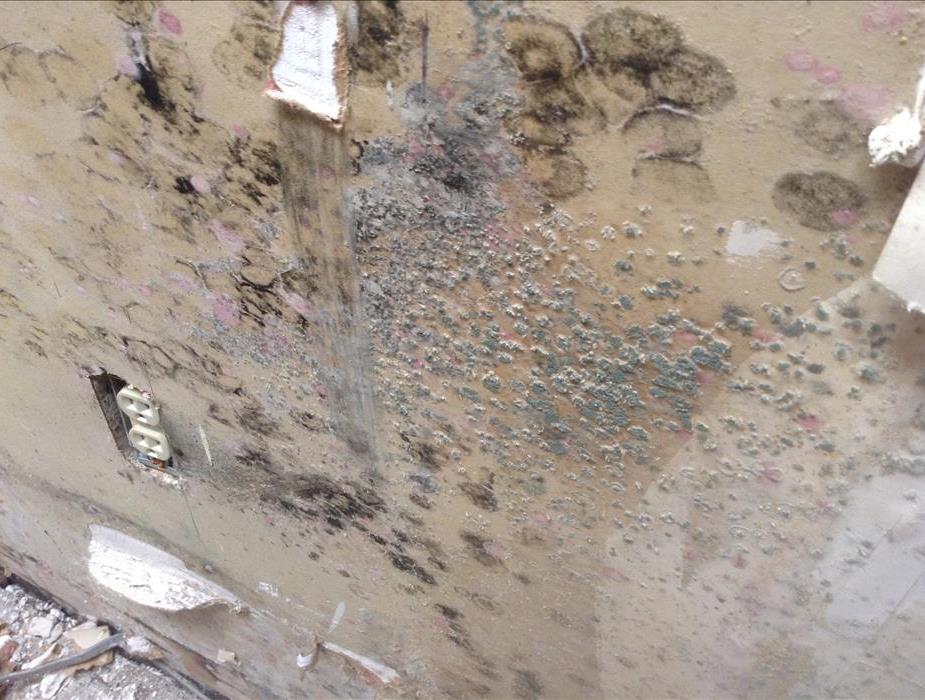When is a Water Damage Event NOT Covered by Insurance?
9/27/2021 (Permalink)
Many of us purchase homeowners insurance for the peace of mind that comes with knowing that if there is a problem with our homes, the repair expenses will be covered.
You might be surprised, however, to learn the home damage scenarios in which your home may not be covered.
- Flooding. Flooding caused by natural disasters (such as heavy rain) are generally not covered. If you live an area which is susceptible to flooding, homeowners should purchase separate flood insurance from The National Flood Insurance Program. Accidental flooding such as instances caused by a burst pipe in your home is usually covered by home insurance.
- Earth movement, which refers to earthquakes, sinkholes, and landslides, aren’t covered. You can get separate policies for these types of events however in Connecticut, earthquakes are not a high concern to most homeowners.
- Mold. Whether or not mold is covered by insurance depends on what caused the mold to grow. If the source of moisture that led to mold growth was due to neglected home maintenance, it’s very unlikely that you’ll be covered. Also, mold occurring after flood damage caused by natural disasters isn’t covered either. However, mold that grows as a result of an unexpected act - such as a fire or pipe burst, is usually covered. In our work at SERVPRO of Southbury/Torrington, we remediate mold in homes after they have water damage from a pipe burst.
- Construction work damage – Standard homeowners insurance usually won’t cover any damage that arises from renovating your home. When hiring a contractor, make sure they are licensed for any liability.
- Termite infestation is a big problem in the U.S.. The National Pest Management Association estimates termites cause $5 billion in damage across the country each year. To avoid this problem, hire a licensed pest control company to inspect your home regularly.
- Roof Damage. If damage to your roof was caused by neglect, any subsequent water damage may not be covered by your homeowners insurance policy. Roof damage caused by a tree falling on it or shingles ripped off by strong winds, the leaks are typically covered.




 24/7 Emergency Service
24/7 Emergency Service